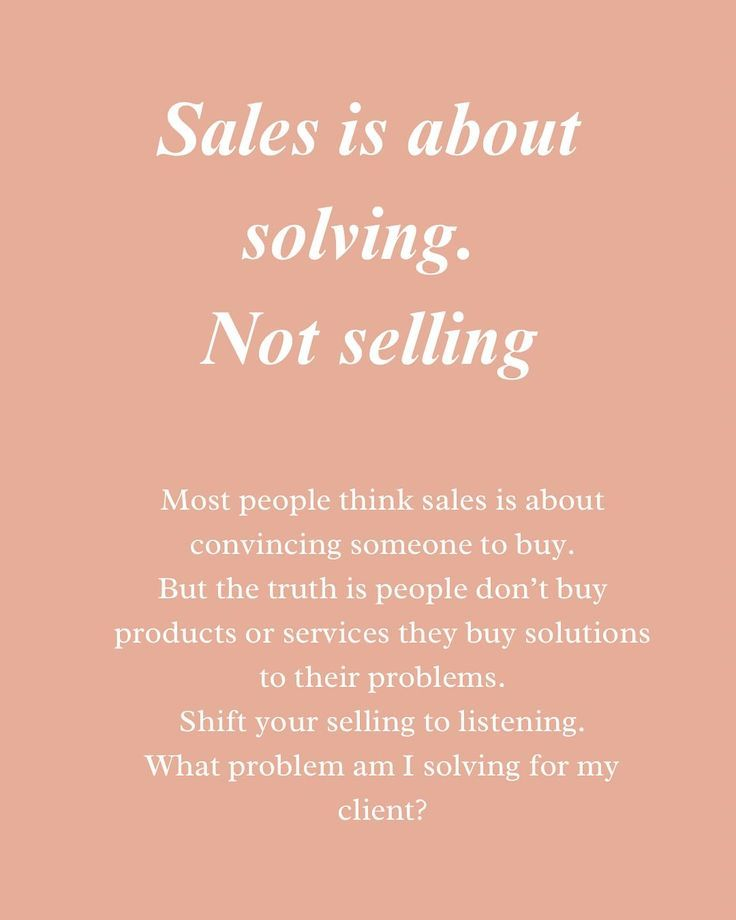Mastering Professional Selling Skills
Selling is not just about closing a deal; it’s about building trust, understanding needs, and creating long-term relationships. The foundation of great selling begins with the Art of Opening — sounding human, not robotic, connecting on a personal level, researching well, and leveraging similarities to build rapport.
Next comes the Art of Probing, where successful salespeople define goals, plan their approach, and ask meaningful questions — both open and closed — to uncover customer pain points.
The Art of Empathy is crucial in understanding and respecting customer needs. Listening carefully, matching their pace, and accepting that not every problem can be solved builds emotional connection and trust.
Then comes the Art of Persuading, which involves educating customers, providing value, and confidently leading conversations with genuine insights, not ego.
Finally, the Art of Closing ensures the process ends smoothly — confirming agreements, managing mini-closures, and seeking feedback. True professionals sell not products, but experiences and solutions.
Selling is not just about closing a deal; it’s about building trust, understanding needs, and creating long-term relationships. The foundation of great selling begins with the Art of Opening — sounding human, not robotic, connecting on a personal level, researching well, and leveraging similarities to build rapport.
Next comes the Art of Probing, where successful salespeople define goals, plan their approach, and ask meaningful questions — both open and closed — to uncover customer pain points.
The Art of Empathy is crucial in understanding and respecting customer needs. Listening carefully, matching their pace, and accepting that not every problem can be solved builds emotional connection and trust.
Then comes the Art of Persuading, which involves educating customers, providing value, and confidently leading conversations with genuine insights, not ego.
Finally, the Art of Closing ensures the process ends smoothly — confirming agreements, managing mini-closures, and seeking feedback. True professionals sell not products, but experiences and solutions.
Mastering Professional Selling Skills
Selling is not just about closing a deal; it’s about building trust, understanding needs, and creating long-term relationships. The foundation of great selling begins with the Art of Opening — sounding human, not robotic, connecting on a personal level, researching well, and leveraging similarities to build rapport.
Next comes the Art of Probing, where successful salespeople define goals, plan their approach, and ask meaningful questions — both open and closed — to uncover customer pain points.
The Art of Empathy is crucial in understanding and respecting customer needs. Listening carefully, matching their pace, and accepting that not every problem can be solved builds emotional connection and trust.
Then comes the Art of Persuading, which involves educating customers, providing value, and confidently leading conversations with genuine insights, not ego.
Finally, the Art of Closing ensures the process ends smoothly — confirming agreements, managing mini-closures, and seeking feedback. True professionals sell not products, but experiences and solutions.
0 Σχόλια
0 Μοιράστηκε
355 Views
0 Προεπισκόπηση








